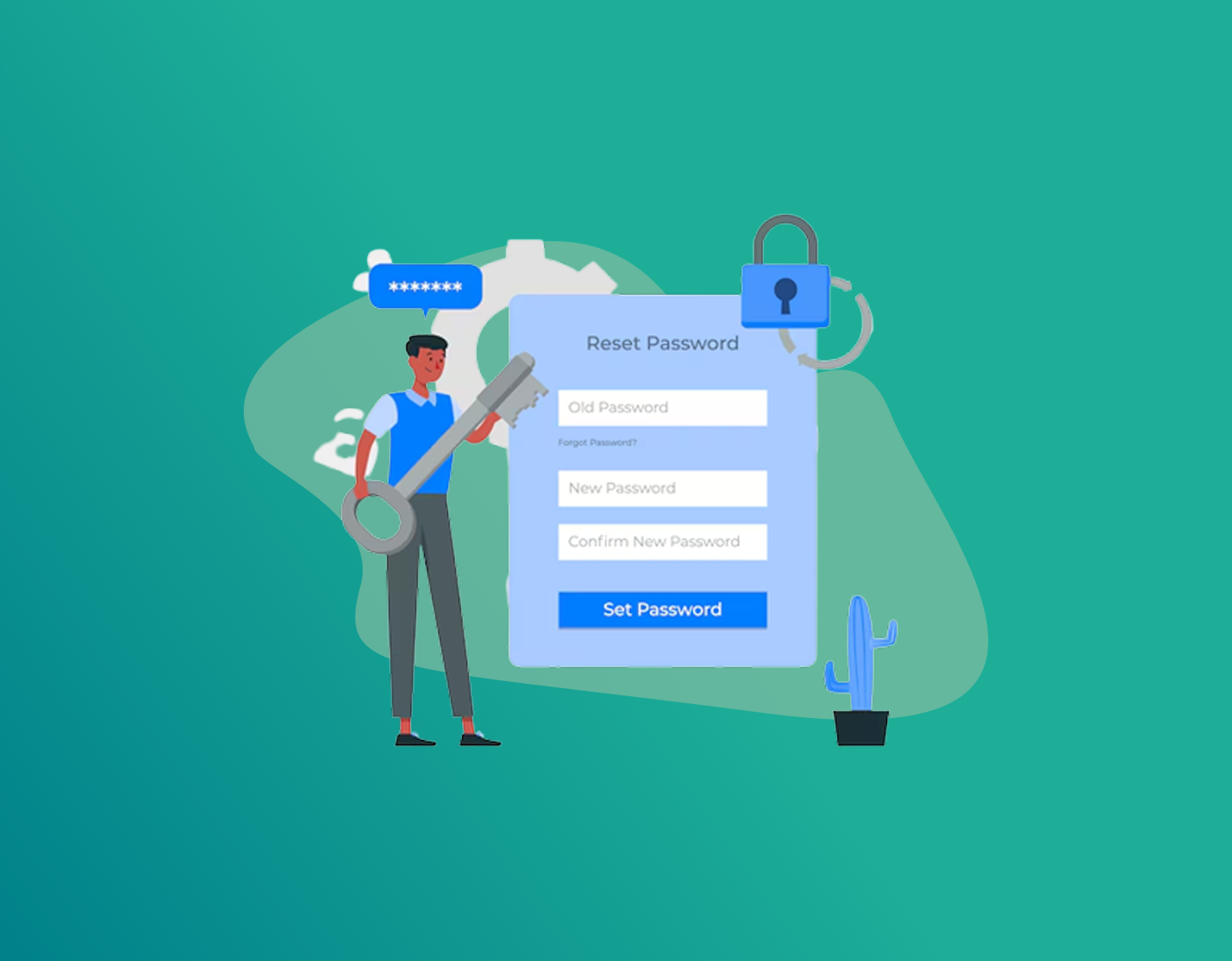
Online account security emerges among the foremost concerns for both individual users and enterprise organizations in present-day digital society. Strong and unique passwords for all accounts have become essential because of the rising number of cyber threats and data breaches. The task of remembering many complex passwords proves difficult for the average person. A password manager provides the solution to solve this problem.
Note: A password manager helps in keeping your online accounts secure. However, for extra security, use FastestPass for safe online browsing. It offers your device the protection it needs from online hackers and other elements that can steal your confidential information.
What Does a Password Manager Do?
A password manager functions as a security tool that securely maintains and generates passwords together with their management operations. You need to remember just a single master password, which enables you to access multiple account credentials. The encrypted vault service held by the password manager keeps all your credentials safe while ensuring simple retrieval accesses.
How Do Password Managers Work?
Password managers operate by securely encrypting and storing your login information in an encrypted digital storage facility. Your passwords receive strong encryption through algorithm-based protection, which makes them unreadable to anyone who does not have authorization. A single master password protects your password manager, so you need to remember only this powerful key instead of many other passwords.
Password managers allow users to automatically enter login information in apps and websites, which reduces phishing threats and saves time. The system generates powerful, unpredictable passwords, which boost user safety. Some offer additional layers of security, such as biometric authentication or one-time passcodes.
Why You Should Use a Password Manager?
The cybersecurity posture of the majority is stained as they make use of weak or repeated passwords. Password management software will purge this risk by generating and remembering strong and unique passwords for all your accounts.
Some reasons for employing a password manager are:
- Added Security: It forbids the use of weak or repeated passwords.
- Convenience: You don’t have to memorize many passwords.
- Protection Against Phishing: The autofill functionality protects users from entering credentials on a malicious site.
- Secure Sharing: Some managers allow sharing of passwords with trusted people securely.
Access from Anywhere: Cloud-based managers ensure your passwords are everywhere on all your devices.
Where to Store Passwords?
Password storage should be done in a safe and encrypted manner. It best could be done in one of the following ways:
- Password Managers (Recommended)
The Password Manager encrypts and stores your passwords securely, making them available at your fingertips whenever needed. It is the safest and most efficient means of managing passwords.
- Encrypted USB Drives
Some prefer storing passwords in an encrypted USB drive to maintain offline security; if such a drive is lost or damaged, it’s problematic since access to passwords may be gone.
- Paper Backups
Although backing up your passwords on paper appears to be outdated, it can serve as a last-resort backup if kept in a safe place (for example, a locked safe); however, it is subject to being lost or stolen.
- Cloud Storage (with Encryption)
Storing passwords in a cloud document is risky unless they are encrypted and stored improperly. Therefore, it is better to use any cloud-based password manager with strong encryption.
Best Way to Store Passwords
Using a reliable password manager is the best way to store passwords. Here is why:
- Encryption: Password managers use AES-256 encryption, making it damn near impossible for any hacker to decrypt passwords stored within.
- Backup & Sync: Great services allow smooth backup and sync between devices.
- Automatic Update: They help users update weak passwords and notify them if a breach occurs.
Two-Factor Authentication: One more layer of extra security for accounts by 2FA.
What is the Purpose Of a Password Manager?
Password managers primarily help enhance security and the password management process. Securely storing and organizing passwords drastically lowers the chances of any cyberattack occurring and provides an easy way to log in to accounts.
- Security: Against any data breach or hacking.
- User-Friendly: Saves you from the trouble of remembering infinite passwords.
- Fast: Autocompletes credentials for time-saving.
- Provides Stronger Passwords: You can generate complex passwords that help secure accounts.
How to Pick the Right Password Manager
Given the large number of password managers available, it is crucial to find one that offers proper security, is easy to use, and is compatible. Because of its enhanced features and security, choose a password manager suited for individuals and businesses.
FAQs – Password Manager
The answer to the question of the best password manager is what you need. A reliable password manager can offer strong security, cross-device syncing, and other features. Make sure to do your complete research before finalizing their use.
Password managers are considered to be very safe. They use encryption that is strong in terms of protecting your passwords. The ideal password managers have zero-knowledge encryption. It means that they can’t see your stored passwords, making it easier for you to trust them when managing your passwords. For additional security, use FastestPass and two-factor authentication (2FA).
No widely used password manager is known for their encryption cracked. But you need to do research on the password manager you’re looking to use for your account’s passwords. Your security also depends on the proper usage; always have your 2FA activated and keep your master password strong.
A password manager securely stores and manages your passwords. It generates strong, unique passwords for various accounts, filling them out automatically as needed; this minimizes the risk of weak or reused passwords.
Password managers store login credentials, encrypt them, and autofill them. In addition, they can generate robust passwords, sync them between devices, and warn users about weak and compromised passwords. Advanced password managers may include secure file storage and dark web monitoring capabilities.
In the case of using a built-in password manager (for example, in Google Chrome, Apple iCloud Keychain, or Microsoft Edge), it’ll show up in the settings of your browser or your device. For third-party password managers, check the app on the phone or computer where it was first set up.
Password management is the ability to keep passwords secure, organized, and protected. It includes the use of strong and unique passwords, frequent changing of them, utilizing 2FA, or employing a password manager to keep particular credentials.
To Conclude – Password Manager
A password manager is essential for anyone wishing to improve online security and manage passwords efficiently. Using a trusted password manager is the best and smartest option. A password manager reduces your risk of attacks, simplifies the login process, and ensures the security of your personal and professional accounts.
Secure and Create Stronger Passwords Now!
Generate passkeys, store them in vaults, and safeguard sensitive data!
Subscribe to Our Newsletter
Receive the latest updates, trending posts, new package deals,and more from FastestPass via our email newsletter.
By subscribing to FastestPass, you agree to receive the latest cybersecurity news, tips, product updates, and admin resources. You also agree to FastestPass' Privacy Policy.







